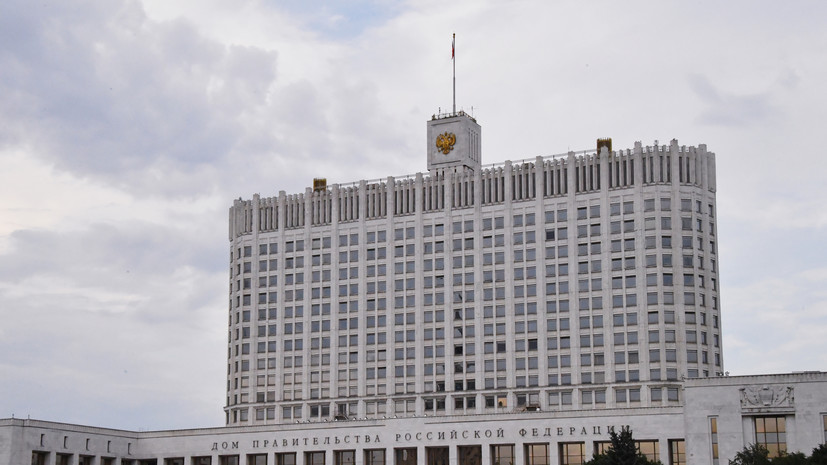The Russian government will allocate 1 trillion rubles to cover the federal budget deficit in 2022.
The corresponding order on Thursday, October 20, was signed by Prime Minister Mikhail Mishustin.
It is planned to allocate money to finance budget expenditures from the National Welfare Fund (NWF).
The Cabinet of Ministers has the right to make such a decision in accordance with the current legislation, the Ministry of Finance specified.
“The funds will be directed by the Ministry of Finance and will be used, among other things, to fully fulfill social obligations to citizens, as well as to replace government borrowing, pay off public debt and provide budget loans to the regions,” the ministry added.
It should be noted that in the first nine months of 2022, the federal budget was executed with a surplus of about 55 billion rubles.
Thus, according to the Ministry of Finance, from January to September, the treasury received about 19.74 trillion rubles, and the amount of spending amounted to about 19.685 trillion rubles.
However, according to the results of this year, the difference between income and expenditure of the Russian treasury may become negative and exceed 1.3 trillion rubles (0.9% of GDP).
This is stated in the explanatory note to the draft law "On the federal budget for 2023 and for the planning period of 2024 and 2025."
“The figure is likely to grow ... New tasks arise this year,” Finance Minister Anton Siluanov said at the end of September on the Rossiya 1 channel.
RIA News
© Dmitry Astakhov
In total, from January to December 2022, the authorities are going to allocate about 3.2 trillion rubles from the National Welfare Fund for the needs of the budget.
As a result, almost 9 trillion rubles will have to remain in the fund by the end of the year.
“The need to allocate funds from the NWF to cover the budget deficit is primarily related to measures to support the country's economy.
The second reason is the increase in spending on secret and top-secret budget items, ”explained BCS World of Investments expert Evgeny Mironyuk to RT.
As the government expects, over the next three years, the difference between cash receipts and expenditures of the Russian treasury will continue to remain negative, but will gradually decrease.
So, in 2023, the budget deficit may grow to 2% of GDP, but already in 2024 the figure is projected at 1.4%, and in 2025 - 0.7%.
Meanwhile, in the next few years, the Cabinet of Ministers no longer plans to use the NWF funds to cover the deficit as actively and intends to compensate for budget expenditures mainly through borrowing.
As Mikhail Mishustin noted, the level of Russia's public debt will remain at an acceptable level.
“This approach will provide more active support for the economy during the period of adaptation and restructuring of economic ties, on the one hand, and on the other hand, it will contribute to sustainable development and structural changes in the medium term, maintaining confidence in the macroeconomic policy pursued by the state,” the prime minister said.
Basically, to cover the budget deficit, the country's leadership will borrow money in the domestic market.
Andrey Loboda, an economist and director of communications at BitRiver, shared this opinion with RT.
“Loans to finance the budget deficit can be successfully carried out in rubles.
This instrument will be of interest to Russian market participants against the backdrop of the stability of the national currency observed today and its moderate strengthening,” the expert explained.
Meanwhile, even taking into account the projected deficit, funding for priority economic programs, primarily social ones, will not be cut, Yevgeny Mironyuk believes.
A similar position was previously voiced by Anton Siluanov.
According to him, in the coming years, all obligations to the Russians will be provided "unconditionally."
At the same time, the government is investing in other key tasks.
“As for the new tasks, these are tasks related to technological sovereignty, and with the development of infrastructure and support for entrepreneurship ... Money is provided for the development of the domestic aviation industry, infrastructure, all this is provided ... The necessary resources are provided for the restoration of the economies of the regions that were destroyed as a result of those actions from Ukraine, which we are now observing,” Siluanov noted.

